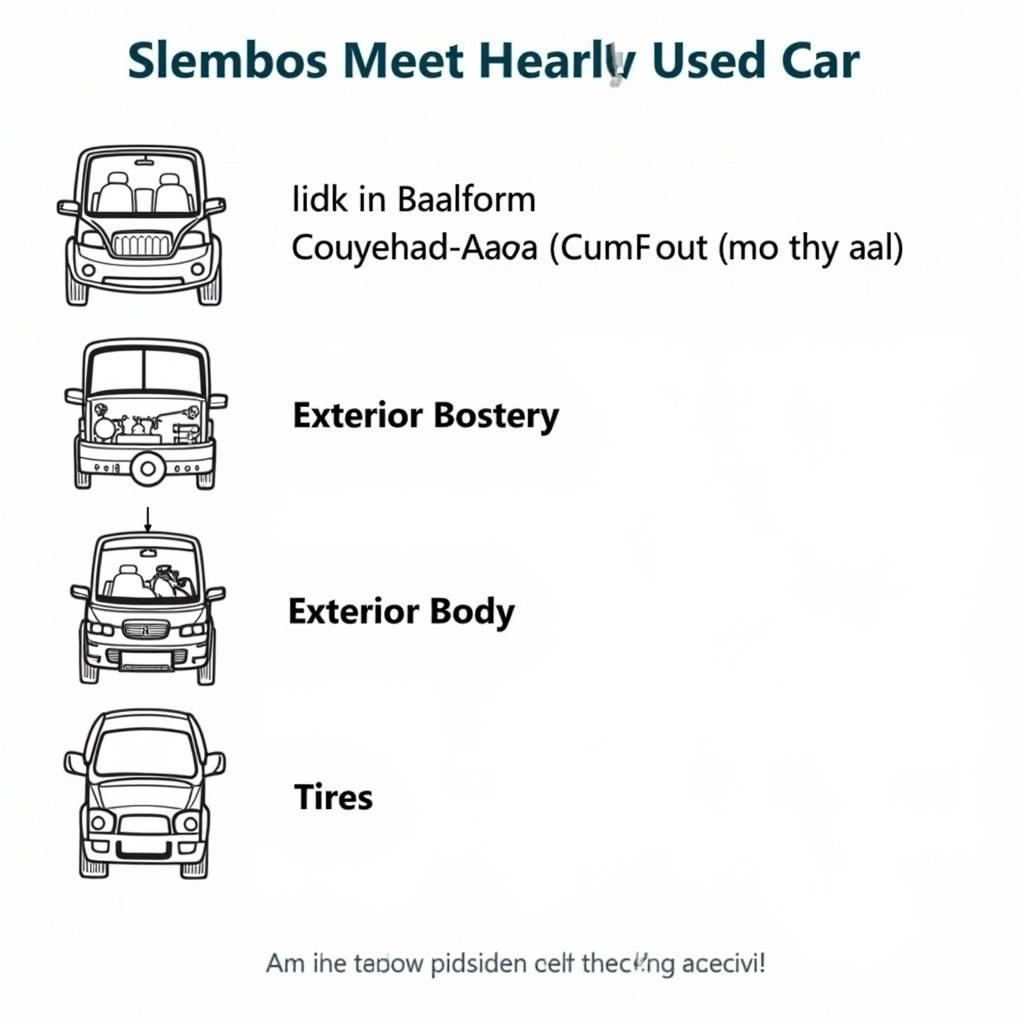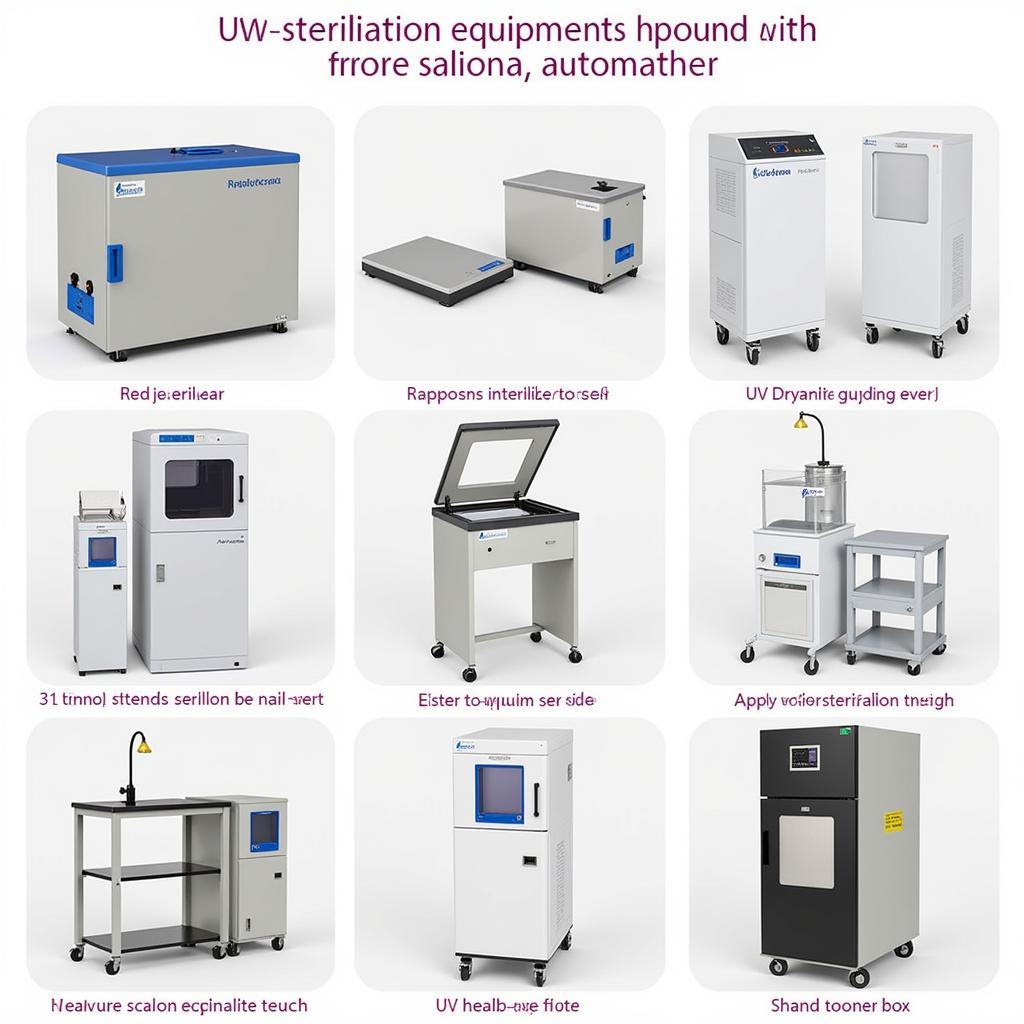What is a Service Brake on a Car?
A service brake is the primary braking system used to slow down or stop your vehicle. It’s what you use every time you press the brake pedal. Understanding how this crucial system works is essential for safe driving and maintaining your car.
The Importance of the Service Brake System
The service brake system is arguably the most important safety feature in your car. It allows you to control your vehicle’s speed and bring it to a complete stop, preventing accidents and ensuring the safety of yourself and others. Regular maintenance and understanding of the service brakes are vital for safe driving practices.
How Does a Service Brake Work?
When you press the brake pedal, you initiate a chain reaction within the hydraulic system. This pressure is transmitted through brake lines to the brake calipers, which squeeze the brake pads against the rotors. This friction converts kinetic energy into heat, slowing down the rotation of the wheels and bringing your car to a stop. how to service a car without break fluid
Modern vehicles often have advanced features like anti-lock braking systems (ABS) and electronic stability control (ESC) integrated with the service brakes to further enhance safety and control. These systems work in conjunction with the service brakes to prevent wheel lockup during hard braking and maintain vehicle stability.
What are the key components of a service brake?
- Brake Pedal: The lever you press with your foot to activate the brakes.
- Master Cylinder: A hydraulic pump that generates pressure when the brake pedal is pressed.
- Brake Lines: Metal tubes that carry brake fluid from the master cylinder to the wheels.
- Brake Calipers: Devices that squeeze the brake pads against the rotors.
- Brake Pads: Friction material that clamps down on the rotors to create stopping power.
- Rotors (or Drums): Metal discs (or drums in older vehicles) attached to the wheels that the brake pads grip.
Common Service Brake Problems
Just like any other mechanical system, service brakes can experience issues. Some common problems include:
- Worn brake pads: This is a common issue and can lead to reduced braking performance and squealing noises. will car service check brakes
- Leaking brake fluid: A leak in the brake lines can cause a loss of hydraulic pressure, making it difficult or impossible to stop the car.
- Warped rotors: Rotors can warp due to excessive heat, leading to pulsating sensations in the brake pedal.
- Malfunctioning ABS: Problems with the ABS system can trigger warning lights and reduce braking effectiveness. why does my car say service brake assist
“Regular brake inspections are crucial,” says automotive expert, Michael Stevenson. “Ignoring brake problems can lead to dangerous situations and costly repairs.”
Maintaining Your Service Brakes
Proper maintenance is key to ensuring your service brakes function optimally. does car service check brake pads Regular maintenance includes:
- Brake inspections: Have your brakes inspected by a qualified mechanic at least once a year or as recommended by your car’s manufacturer.
- Brake fluid flushes: Brake fluid should be flushed and replaced every two to three years to prevent corrosion and maintain optimal performance.
- Brake pad replacement: Replace your brake pads when they reach their wear limit.
“Driving habits significantly impact brake wear,” adds Sarah Chen, a certified mechanic. “Aggressive braking can shorten the lifespan of your brake pads and rotors.”
In conclusion, the service brake in a car is a fundamental safety system. Understanding its operation and importance is crucial for every driver. Regular maintenance and prompt attention to any issues will ensure your brakes remain in top condition, keeping you safe on the road. what is a service brake in a car
FAQ
- How often should I get my brakes checked? At least once a year or as recommended by your manufacturer.
- What are the signs of worn brake pads? Squealing noises, grinding sounds, and reduced braking performance.
- How does ABS work? ABS prevents wheel lockup during hard braking, allowing you to maintain steering control.
- What causes warped rotors? Excessive heat, often from hard braking.
- Why is brake fluid important? It transmits hydraulic pressure from the master cylinder to the brakes.
- What should I do if my brake pedal feels spongy? Have your brakes checked immediately, as this could indicate a leak in the system.
- How long do brake pads typically last? It varies depending on driving habits and conditions, typically between 25,000 and 70,000 miles.
Scenarios
- Squealing brakes: Likely indicates worn brake pads.
- Grinding noise when braking: Could mean the brake pads are completely worn down and metal is grinding on metal.
- Brake pedal feels soft or spongy: Possible brake fluid leak or air in the brake lines.
- Car pulls to one side when braking: Could indicate uneven brake pad wear, a stuck caliper, or other brake issues.
- Vibrating brake pedal: Often a sign of warped rotors.
Related Articles and Questions
You might also be interested in:
- How does the parking brake differ from the service brake?
- What are the different types of brake systems?
- How to improve your braking technique?
Need support? Contact us via WhatsApp: +1(641)206-8880, Email: [email protected] or visit our office at 456 Oak Avenue, Miami, FL 33101, USA. We have a 24/7 customer service team ready to assist.

